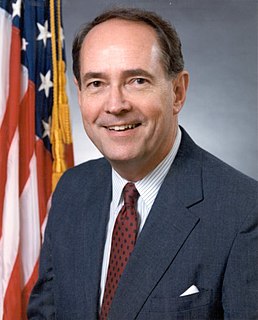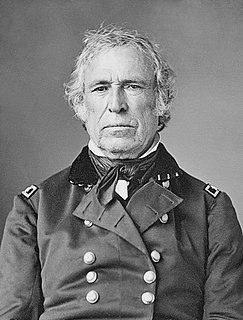A Quote by Thomas Jefferson
Many of the opposition [to the new Federal Constitution] wish to take from Congress the power of internal taxation. Calculation has convinced me that this would be very mischievous.
Related Quotes
Does the U.S. Constitution stand for anything in an era of government excess? Can that founding document, which is supposed to restrain the power and reach of a centralized federal government, slow down the juggernaut of czars, health insurance overhaul and anything else this administration and Congress wish to do that is not in the Constitution?
Constitutions are violated, and it would be absurd to expect the federal government to enforce the Constitution against itself. If the very federal judges the Constitution was partly intended to restrain were the ones exclusively charged with enforcing it, then "America possesses only the effigy of a Constitution." The states, the very constituents of the Union, had to do the enforcing.
The President can exercise no power which cannot be fairly and reasonably traced to some specific grant of power in the Federal Constitution or in an act of Congress passed in pursuance thereof. There is no undefined residuum of power which he can exercise because it seems to him to be in the public interest.
Upon the whole I doubt whether the Benefits of opposition to the Constitution opposition to the Constitution will not ultimately be productive of more good than evil; it has called forth, in its defence, abilities which would not perhaps have been otherwise exerted that have thrown a new light upon the science of government, It has given the rights of man a full and fair discussion, and explained them in so clear and forcible a manner, as cannot fail to make a lasting impression.
The tenth amendment said the federal government is supposed to only have powers that were explicitly given in the Constitution. I think the federal government's gone way beyond that. The Constitution never said that you could have a Federal Reserve that would have $2.8 trillion in assets. We've gotten out of control.
In explaining the Constitution, James Madison, the acknowledged father of the Constitution, wrote in Federalist Paper 45: 'The powers delegated by the proposed Constitution to the Federal government are few and defined. Those which are to remain in the State governments are numerous and indefinite. The former will be exercised principally on external objects, as war, peach, negotiation, and foreign commerce.' Has the Constitution been amended to permit Congress to tax, spend and regulate as it pleases or have Americans said, 'To hell with the Constitution'?
To compel a man to furnish contributions of money for the propagation of opinions which he disbelieves and abhors is sinful and tyrannical...A wise and frugal government...shall not take from the mouth of labor the bread it has earned...Congress has not unlimited powers to provide for the general welfare but only those specifically enumerated...Would it not be better to simplify the system of taxation rather than to spread it over such a variety of subjects and pass through so many new hands?
I consider the foundation of the Constitution as laid on this ground that 'all powers not delegated to the United States, by the Constitution, nor prohibited by it to the states, are reserved to the states or to the people.' To take a single step beyond the boundaries thus specially drawn around the powers of Congress, is to take possession of a boundless field of power not longer susceptible of any definition.
It may seem strange, but Congress has never developed a set of goals for guiding Federal Reserve policy. In founding the System, Congress spoke about the country's need for "an elastic currency." Since then, Congress has passed the Full Employment Act, declaring its general intention to promote "maximum employment, production, and purchasing power." But it has never directly counseled the Federal Reserve.






























